Urinary tract infections can be bacterial, fungal, or viral in origin. They affect the upper or lower parts of the urinary system , such as the bladder.
Some good practices can help reduce their recurrence or relieve symptoms while waiting to see a doctor.
First of all, it is important to drink enough water. ANSES recommends drinking about 1.5 L per day. And in case of high heat or physical activity, our needs are even higher!
Good hydration can reduce the concentration of germs in the urinary tract. It is also recommended to not wait when you feel the urge to urinate and relieve yourself promptly.
Also read The 5 Best Diuretic Drinks
Here are 5 natural treatments to prevent urinary tract infections and relieve their symptoms. Read on after the list to learn more about this infection, which mainly affects women.
Precaution : it may be necessary to consult a doctor as soon as possible depending on symptoms and predispositions. Before taking a dietary supplement, it is recommended to discuss it with your doctor to check for potential contraindications.
1. Cranberry juice
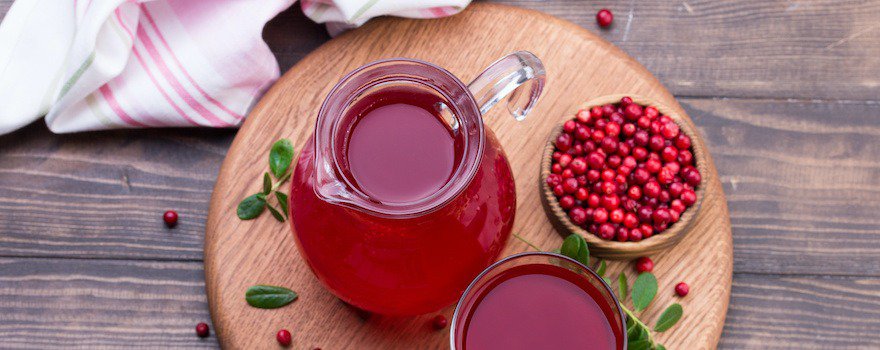
A well-known home remedy, cranberry juice is recommended to prevent recurrent urinary tract infections.
It contains compounds called proanthocyanidins that prevent bacteria from attaching to and growing on the walls of the bladder. This is what some studies have shown.
How to consume it: prefer cranberry juice that is unsweetened and organic if possible. The juice can be diluted in water to reduce its acidity. Capsules made from cranberry extracts are also available. Opt for the highest concentrations of proanthocyanidins.
2. Bearberry
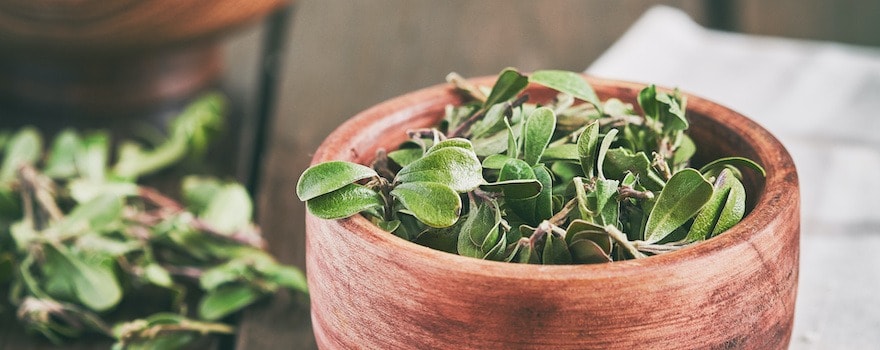
The bearberry is a plant with small red berries. Its leaves concentrate its therapeutic properties.
Its active ingredient, called arbutin, is thought to be responsible for its beneficial action in urinary tract infections. This study shows its effect on recurrent cystitis.
How to consume it: dried bearberry for use in decoction can be found at herbalist shops. You can sip 2 to 3 cups per day. It is also available as a mother tincture or in capsules.
3. Garlic
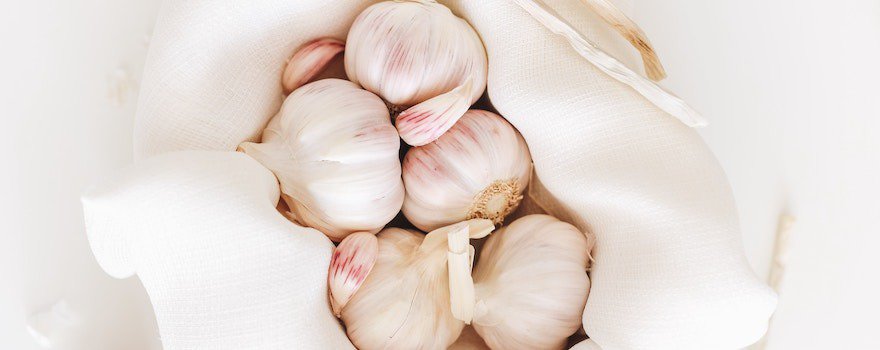
A staple of Mediterranean cuisine, garlic is a bulb with many medicinal properties!
It contains a compound called allicin responsible for its diuretic, cleansing, and antibacterial properties. This study focuses on its action on populations of E. coli.
How to consume it : you can add crushed raw garlic cloves to your salads. Garlic can also be consumed as an infusion. Finally, there are dietary supplements made from garlic extract.
4. Green tea
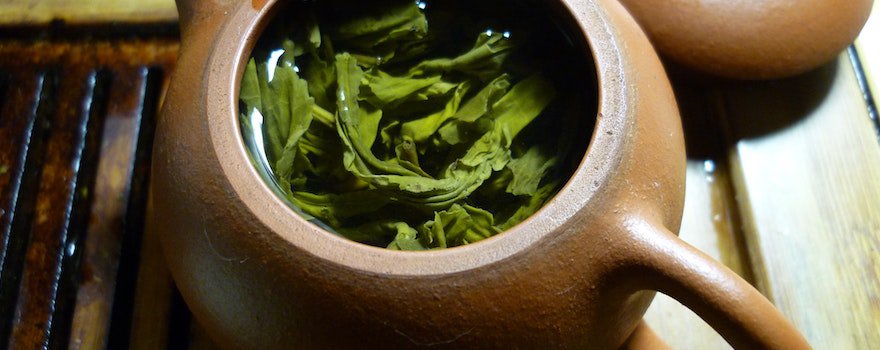
The green tea (Camellia sinensis), in addition to being delicious and energizing, has many benefits, notably antimicrobial, detoxifying, and diuretic properties.
It is its compound epigallocatechin, a powerful antioxidant, that is believed to be responsible for its beneficial action on urinary tract infections. As suggested by this study. Human studies are awaited to confirm these results.
How to consume it : choose organic green tea when possible. Because of its caffeine content, try to consume it in the morning. You can also consume matcha made from ground green tea leaves.
5. Nettle
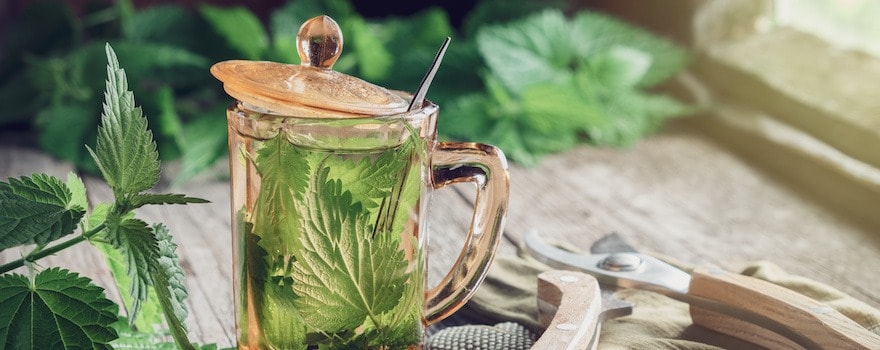
The nettle is a plant that can reach 1.60 meters in height. Its stinging leaves cause itching, but it is an excellent food, infusion, and dietary supplement.
It contains many active compounds: phytosterols, lignans, and polysaccharides. By increasing urine volume, it helps prevent urinary tract infections.
How to consume it : it can be consumed as an infusion at a rate of 2 to 3 cups per day. It can also be found in tablet or powder form. The powder can be incorporated into smoothie recipes or into salads.
What is a urinary tract infection?
Origin of urinary tract infection
Most urinary tract infections are of bacterial origin but they can also be caused by fungi and, in rare cases, by viruses.
Different areas of the urinary tract can be affected. Most often it involves the urethra (the tube that drains urine) or the bladder.
In rarer, more severe cases, the kidneys and ureters (tubes that carry urine from the kidneys to the bladder) can be affected.
Most of the time, bacteria travel up the urethra and colonize the bladder (cystitis).
Urinary tract infections peak during the summer, notably due to dehydration.
Women are more susceptible. Some explain this because of anatomical differences. Women are advised, for example, to wipe from front to back when using the toilet.
Urinating after sexual intercourse may also reduce bacterial growth in the urinary tract. Constipation can also promote the migration of bacteria to the urinary system.
Also read the Best natural treatments for urinary tract infections
Symptoms of a urinary tract infection

Among the most common symptoms of urinary tract infection are:
- the very frequent need to urinate
- a burning sensation when urinating
- the presence of blood and pus in the urine
- the feeling that the bladder is not completely emptied after urinating
Severe forms of urinary tract infections are accompanied by fever, chills, and even nausea and vomiting. This is the case with acute pyelonephritis.
During a consultation with a doctor, they usually perform a urine test with a dipstick to confirm the presence of bacteria. They complete their analysis with an ECBU (cytobacteriological examination of the urine) to adapt the antibiotic treatment.
Also read A natural antibiotic to fight infections? Here are 10
Bacterial resistance to antibiotics is a major public health issue and urinary tract infections caused by antibiotic-resistant bacteria are the subject of research. Natural solutions to support treatments or prevent infections represent an opportunity to fight this scourge.



